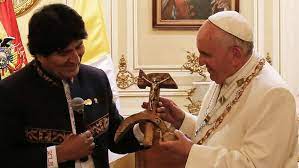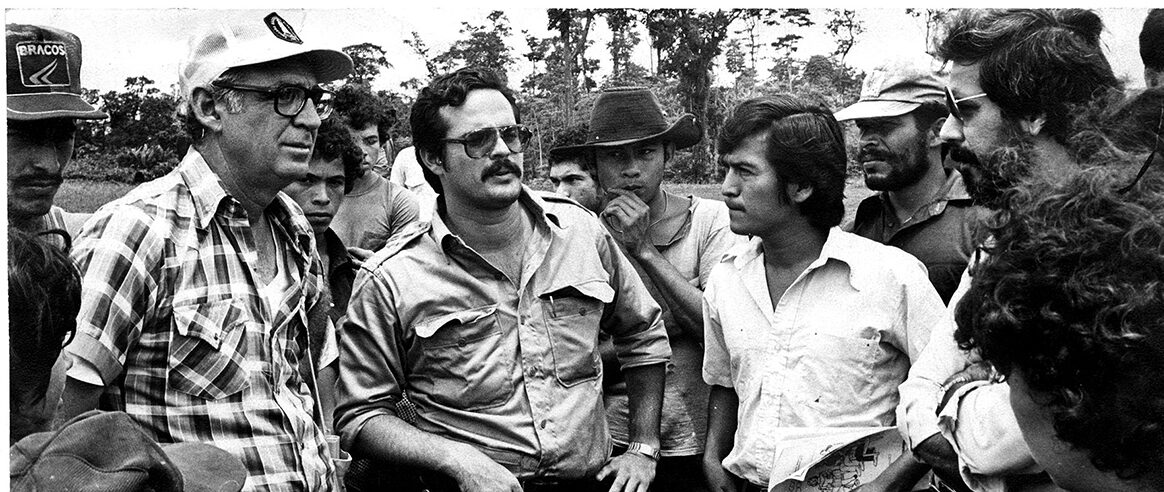“Liberation Theology” is a Marxist heresy that developed in Latin America during the 1970s and 1980s declaring that the way to liberate the poor was not liberation from sin, but rather liberation from oppression, even to the point of using violence against the upper-class and middle-class. Like all Marxist movements, it lost control of its violence. The epicenter of “liberation theology” in the 1980s was Nicaragua when countless bishops and priests supported the Marxist “Sandisista” movement. Malachi Martin, in his 1987 New York Times Bestseller, The Jesuits, explains this movement of Marxist priests and bishops:
It was a dream come true. A dream put into clear words by the same Father Boff: “The sacred power must be put back in the hands of the people.” No teaching or directing authority would be allowed “from above,” from the alien, hierarchic Church. In fact, the very symbols of that Church must be firmly rejected. Symbols and all else must only come “from below.” From the people. From their Base Communities—nearly 1000 of them in Nicaragua alone, in time; and nearly 300,000 in Latin America at large. The idea of Base Communities spread to the United States, where they are sometimes called “Gatherings.”—The Jesuits, p. 59
Notice that to re-program the minds of Latin American Catholics away from Apostolic Catholicism and towards a Marxist-principle, the liberation theologians could not tell average Catholics to trash all of Divine Revelation immediately. But ultimately this would be the diabolical message from the hierarchy to the peasants: You need to be liberated by the blood of the rich, not by the Precious Blood of Jesus Christ.
Malachi Martin continues about the priests in the picture at the very top of this blog:
Fernando Cardenal, Ernesto Cardenal, Miguel D’Escoto Brockman, Edgar Parrales, and Alvaro Arguello were the showcase priests of the Sandinistas, the intended and willing legitimizers of this new “People’s Church” that would appropriate and redefine all the words of Catholicism, while it severed all papal influence from the Church in Nicaragua. The Catholicism of Nicaraguans was about to be “converted” to Marxism. And they were effective, these Sandinista priests. As tens, and then scores, and finally hundreds of other priests, nuns, and religious brothers up and down the country became inspired with this new zeal, the Base Communities slowly spread wide enough and sent their roots deep enough to make the Sandinistas the new hierarchs of Nicaraguan Society… It was only in 1973 and 1974 that Paul VI became truly alarmed about the Jesuits in general; but by that time his control over them had weakened. Nicaragua, meanwhile, continued to fester with revolution, killings, bombings, bank robberies, torture, and mutilation on all sides. In that theater of violence, strong Jesuit support and Paul VI’s procrastination bought the Sandinistas precious time.—The Jesuits, p. 59-60
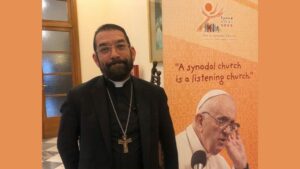
Listening closely to a few pre-selected people.
To understand the new Synod on Synodality, one need only understand the mind of the former Archbishop of Buenos Aires. For the Latin American Jesuit in the 1980s, the economic revolution of “liberation theology” was only one part of re-programming the average Catholic. The other part of that was to overturn traditional doctrine in the minds and hearts of the average Latin American Catholic. That is how you trash Divine Revelation. Remember the first quote of this blog post from the Brazilian Fr. Boff, who declared: “The sacred power must be put back in the hands of the people.” To this, Malachi Martin adds: “No teaching or directing authority would be allowed ‘from above,’ from the alien, hierarchic Church. In fact, the very symbols of that Church must be firmly rejected.”
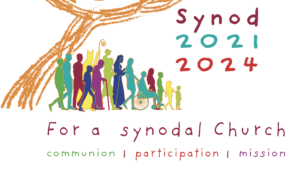
The link between the Synod on Synodality and Liberation Theology becomes obvious: In both cases, opinion polls will be used to re-program the Faith given by Christ to the Apostles into a secularist, humanist, Marxist theology of freemasonic principles. Of course, they will not have traditional Catholics “voting” for what they think is important. The “listeners” are pre-selected for a foregone-conclusion pushing anti-Catholic principles. “Voting for doctrine” is truly the goal of both Liberation Theology and the Synod on Synodality. This, again, has its roots in 1980s Jesuit theologians, including the former Archbishop of Buenos Aires. In fact, the Synod website itself sounds a lot like the quotes above from Malachi Martin’s book on the Jesuits. The Vatican’s Synod website currently declares:
22. “A synodal Church is a listening Church.” This awareness is the fruit of the experience of the synodal journey, which is a listening to the Spirit through listening to the Word and listening to each other as individuals and among ecclesial communities, from the local level to the continental and universal levels.
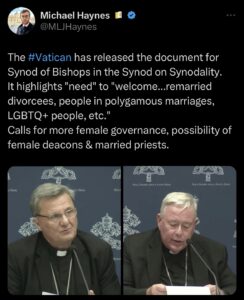
So, when one reads about “voting for doctrine,” keep in mind that the conclusions are pre-determined by the elite. This is how all of Marxist-theology works. It has the goal of overturning the Bible and the Magisterium in favor of a doctrine and liturgy that is freemasonic in principle. Only the blood of Jesus can liberate rich and poor from their sin. But for liberation theologians, it is only the blood of the rich that can liberate the poor. And that is precisely why all the documents from the Vatican over the past decade are peppered with “fraternity, equality and liberty,” the three principles of the French Revolution. Such will be the center of the Instrumentum Laboris of the Synod on Synodality. Like Communism, this is the Gospel of Death, not of Life:
